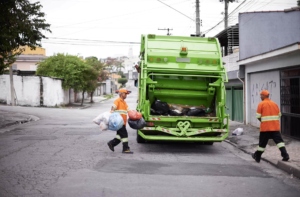Pick up Metal Recycling: True Facts You Need to Know
Recycling is important because it helps to reduce the amount of waste that ends up in landfills. It also helps to conserve resources and protect the environment.
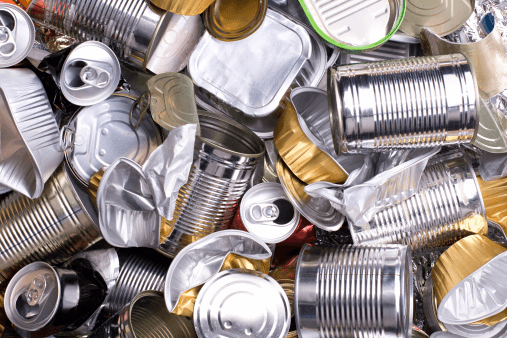
Many scrap recycling industries have been developed to process and recycle metals like ferrous metals, nonferrous metals, hazardous metals, unwanted junk, aluminum cans, steel cans, paint cans, soda cans, food cans, and other materials in an efficient, efficient manner.
There are different types of recycling, such as plastic, wood, glass, clothing, and many more. However, one of the most popular ways to recycling includes metal recycling.
The section below will discuss the facts about scrap metal recycling.
An Overview of Scrap Metal Recycling
Scrap metal recycling is reclaiming and reusing metals from old products rather than simply throwing them away. This process conserves not only valuable resources but also reduces environmental pollution.
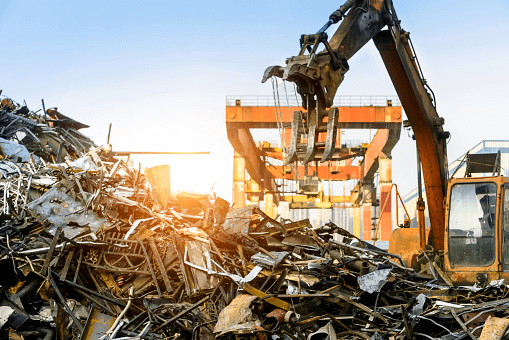
Cast iron and steel are the most common metals recycled in scrap recycling. Over 60% of all ferrous metals recycling is steel. This includes everything from car bodies, appliances, construction materials, and old bridges.
Aluminum is another commonly recycled metal. Used aluminum cans make up a large portion of the aluminum recycled each year – in fact, more than half of all aluminum can be traced back to recycled cans.
Scrap recycling also reduces greenhouse gas emissions by avoiding the need for mining and smelting new metals.
Where Can You Recycle Scrap Metal?
There are many places where scrap metal recycling takes place. Some of these places are:
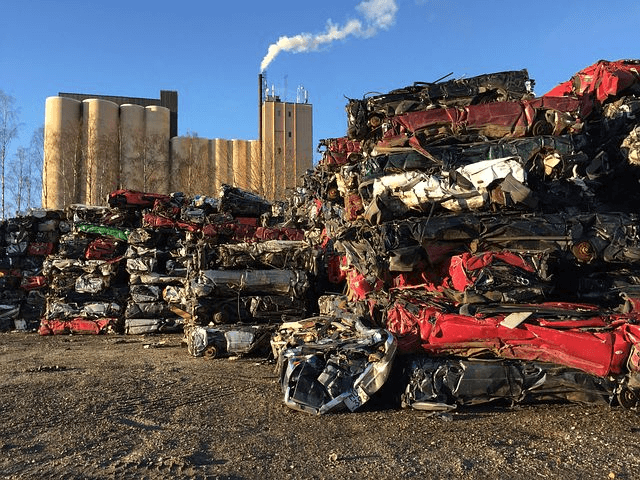
- Scrap Recycling Industries: Many scrap recycling industries recycle unwanted scrap metal. They usually have large machines that can crush the metal and separate the different types of metals.
- Local Recycling Facility: Your local recycling facility may also accept scrap metal. They may have a special section for scrap metal or a contract with a recycling company.
- Recycling Services: Many companies offer recycling services. They offer scrap metal pick at upfront pricing.
- Recycling Centers: Many recycling centers accept scrap metal. You can usually find these recycling centers near construction sites or industrial areas.
Scrap Metal Recycling Process
The complete scrap removal process includes:
Scrap Metal Collection
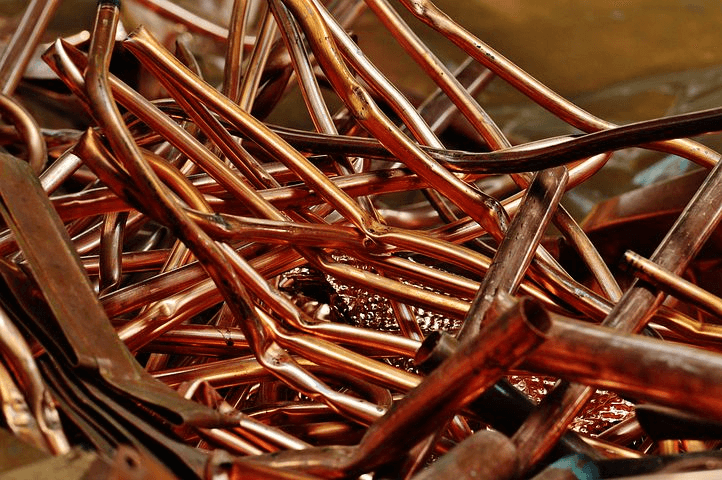
Scrap metal collection is the first step in the recycling process. This is when businesses and individuals either bring their scrap metal to a recycling center or hire recycling services for scrap metal pickup.
Sorting
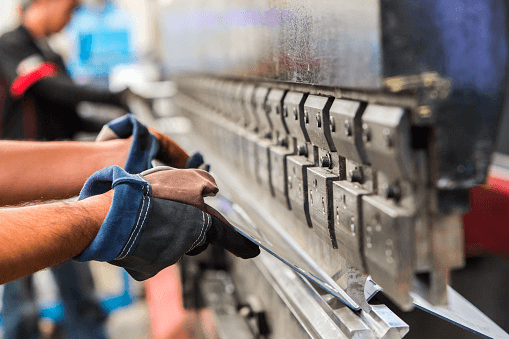
The next step in the process is sorting. This is when the scrap metal is sorted by type and grade. The most common types of scrap metal are ferrous and nonferrous metals. Ferrous metals contain cast iron, while nonferrous metals do not.
Processing
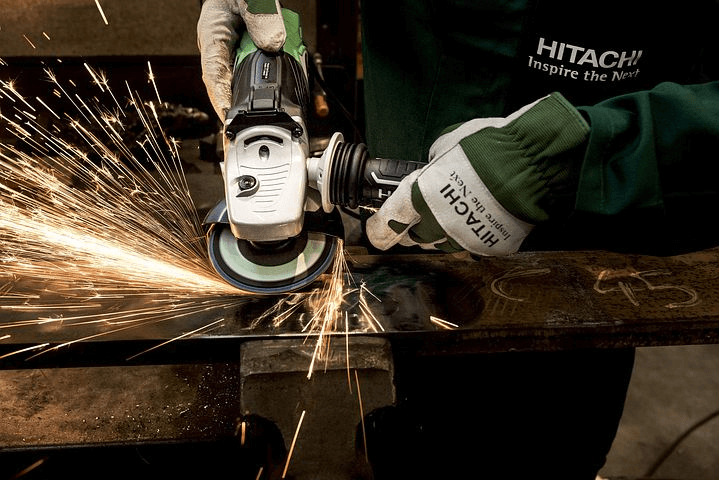
The sorted scrap metal is shredded, crushed, or baled for further processing. This makes it easier to transport and prepare for melting.
Melting
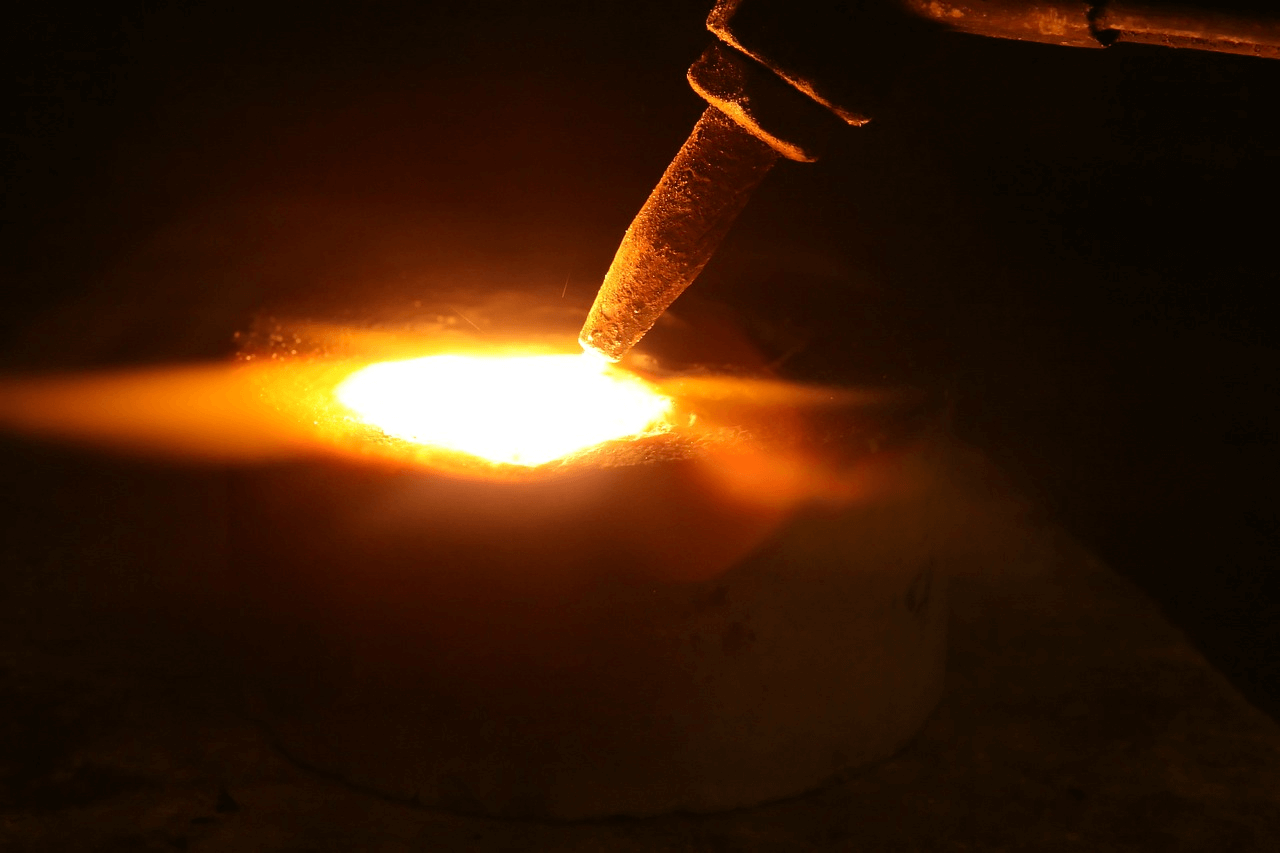
After the scrap metal has been processed, it is melted in a furnace. The type of furnace used depends on the kind of scrap metal being recycled.
Purification
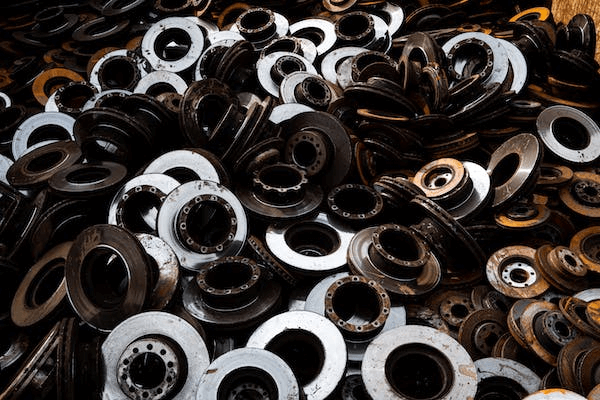
Purification is done to remove impurities from the molten metal. This step is important because it helps to create a higher-quality recycled metal product.
Solidifying
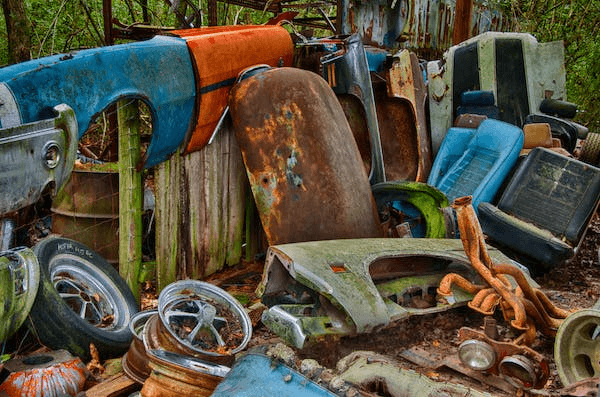
After purification, the molten metal is then cooled and solidified. This can be done in various ways, such as pouring into molds or onto cooling beds.
Challenges in Scrap Metal Recycling Industry
The scrap metal recycling industry is one of the most challenging industries. Several factors make it difficult to recycle scrap metal, and as a result, the industry has a very low recycling rate.
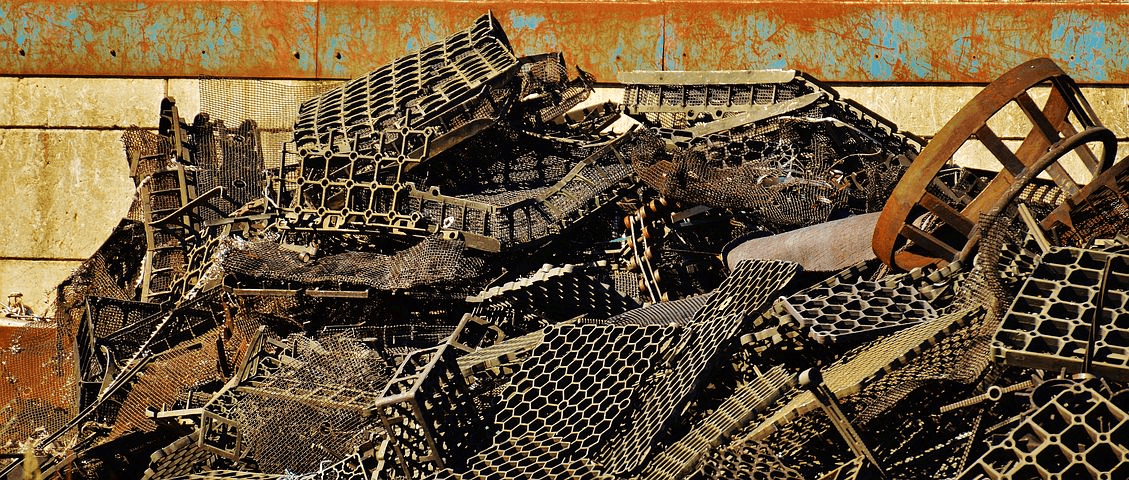
One of the biggest challenges in scrap metal recycling is that metals are often mixed together. This makes it difficult to sort and process them properly. As a result, many valuable metals go to waste because they can’t be properly recycled.
Another challenge is that many scrapyards don’t have the proper equipment to recycle all metals. This means that they often have to send metals to landfill, which is bad for the environment but also wastes valuable resources.
Finally, another challenge in the scrap metal recycling industry is a lot of fraud. Scrap dealers often try to sell counterfeit metals or metals that have been stolen. This makes it difficult for legitimate businesses to properly operate and recycle scrap metal.
Despite the challenges, the scrap metal recycling industry is vital for the environment and the economy.
Metal Recycling Facts
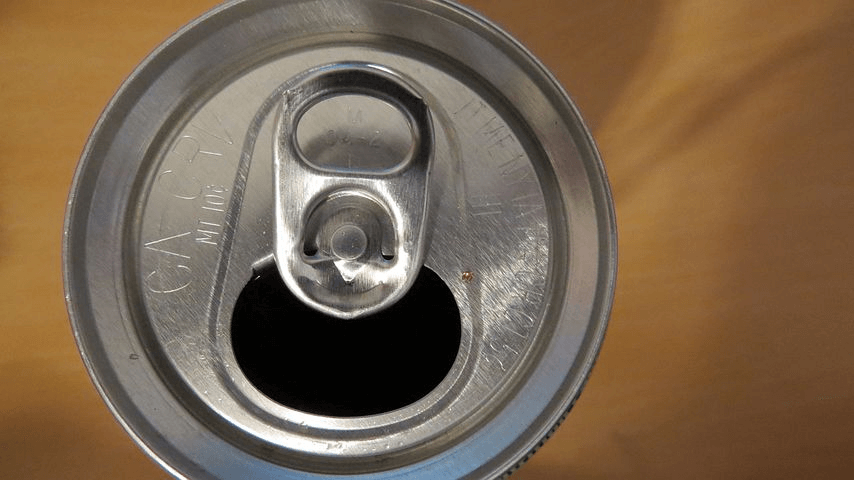
There are various facts related to recycling scrap metal that are interesting as well as important. Below are some key points which will help you understand the scenario of recycling better-
- Aluminum Recycling Consumes Less Energy
Recycling aluminum cans saves 95% of the energy that would be needed to create new cans from scratch.
- Metal Recycling is Fast
The recycling process of scrap metal is very fast. It only takes 6 to 8 weeks for recycled aluminum cans to make their way back into store shelves as new products.
- Metal Recycling Reduces Air Pollution
Recycling metal instead of sending it to the landfill helps reduce pollution in our air, water, and land. Metal recycling also conserves natural resources because extracting metal from the ground requires a lot of energy.
- Aluminum Will Stay for a Longer Period
The most crucial factor to consider while recycling aluminum is its long life span. It will remain in the ecosystem for centuries without any decomposition.
As a result, it can be recycled repeatedly, which is great news for businesses and consumers looking for ways to reduce their environmental impact.
- Recycled Metal can Bring Challenges
Recycling metal has many benefits, but it can also present some challenges. One biggest challenge is ensuring that the metal is recycled and not just thrown away; scrap metal is often mixed in with other waste, making it difficult to sort and recycle.
Benefits of Scrap Metal Recycling
There are many benefits to recycling scrap metal. Mentioned below are some of the major benefits of scrap metal recycling:
Economic Benefits
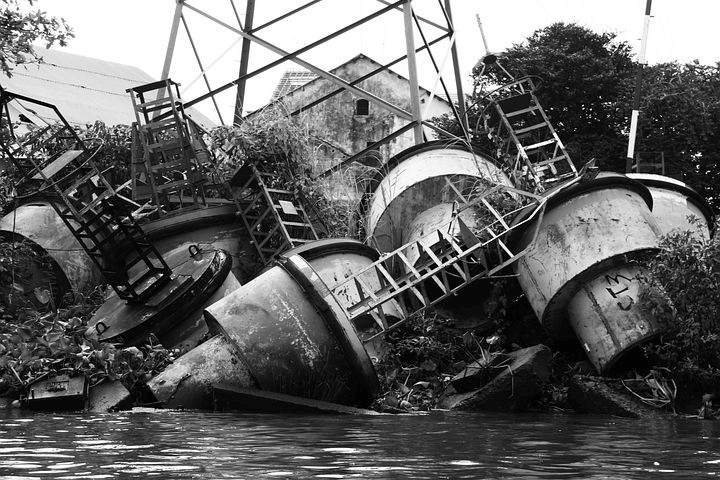
The most obvious benefit of scrap metal recycling is the economic one. Recycling metals can be a very profitable activity. It is one of the most profitable recycling businesses out there.
Metals such as copper, brass, aluminum, stainless steel, and iron are all in high demand from manufacturers who use them to produce new products.
The revenue generated from selling these recycled metals can be used to offset the recycling costs or even generate a profit.
Global Trade Balance
The competitiveness of scrap metal recycling businesses has been challenged in recent years by a shift in the global trade balance.
However, in recent years there has been a significant increase in Chinese demand for raw materials, including scrap metal.
This increase in demand has led to a corresponding increase in prices for scrap metal, making it more profitable for companies to export scrap metal instead of recycling it domestically.
As a result of these changes, many recycling businesses have been forced to adjust their business models or close down entirely.
Reduces Energy Consumption

Recycling metals requires far less energy than mining, milling, smelting, and refining new ore.
It takes 96% less energy to recycle a ton of aluminum than to mine and process new bauxite ore; recycling steel saves 56% of the energy used to produce steel from iron ore.
Conserves Natural Resources
Metal recycling conserves natural resources by extracting valuable metals from existing products instead of mining new metal from the ground.
This process requires significantly less energy than traditional mining methods, which reduces greenhouse gas emissions along with other forms of pollution. In addition, recycling metal often yields significant savings in terms of water and land use.
Other Environmental Benefits

In addition to energy savings, recycling metals has other environmental benefits. Recycling metal reduces the need for mining new ore from the ground.
This, in turn, reduces greenhouse gas emissions and the need for energy to power the mining equipment. It also reduces water pollution and the chemicals needed to process new ore.
Top Metal Recycling Software
The highly effective and affordable software for recycling metal include:
- Fleet Management
Recycling metal involves a lot of moving parts and vehicles. You need to track where your fleet is, what recycling sites are nearest to each other, which drivers are to which routes, and more. Good fleet management software will automate many of these processes and make it easier to manage your recycling operation.
- Operations Management
Operations Management allows you to streamline processes and efficiently track the production cycle. This is important for the recycling industry because it helps to ensure that materials are properly processed in a timely fashion.
It also allows you to monitor your inventory levels and make necessary changes. Regarding scrap metal recycling, operations management can help you improve your process so that more metal is recycled and less ends up in landfills.
Materials Recovery Facility (MRF) Management:
The primary goal of an MRF is to sort materials into distinct groups, such as glass, aluminum, paper, and plastics, so that they can be sent to specific processors for further recycling.
The most common type of MRF is a single-stream facility where all recyclables are mixed together. This makes sorting more difficult and costly but allows consumers to recycle a wider range of materials with minimal effort.
Future of Scrap Metal Recycling

The Indian scrap metal recycling industry shall grow significantly in the coming years. Various factors are driving this growth, including the country’s rapidly growing economy, increasing urbanization, and rising living standards.
As India continues to develop, there will be an ever-increasing demand for metals and other materials used in construction and manufacturing. This will create new opportunities for scrap metal recyclers, who will be able to supply these raw materials to meet the growing demand.
Scrap metal recycling is also becoming more efficient and environmentally friendly, thanks to new technologies and processes. These developments will help to make the industry more sustainable in the long term.
Moreover, the Indian government is taking steps to support the growth of the scrap metal recycling industry. For instance, it has created a dedicated scrap metal recycling fund to invest in new infrastructure and initiatives.
Looking for Scrap Metal Recycling: Call CheckSammy
Scrap Metal Recycling is reusing or reprocessing metals from end-of-life products or structures. CheckSammy, as a leading junk removal company offers scrap metal recycling services to help you with this process.
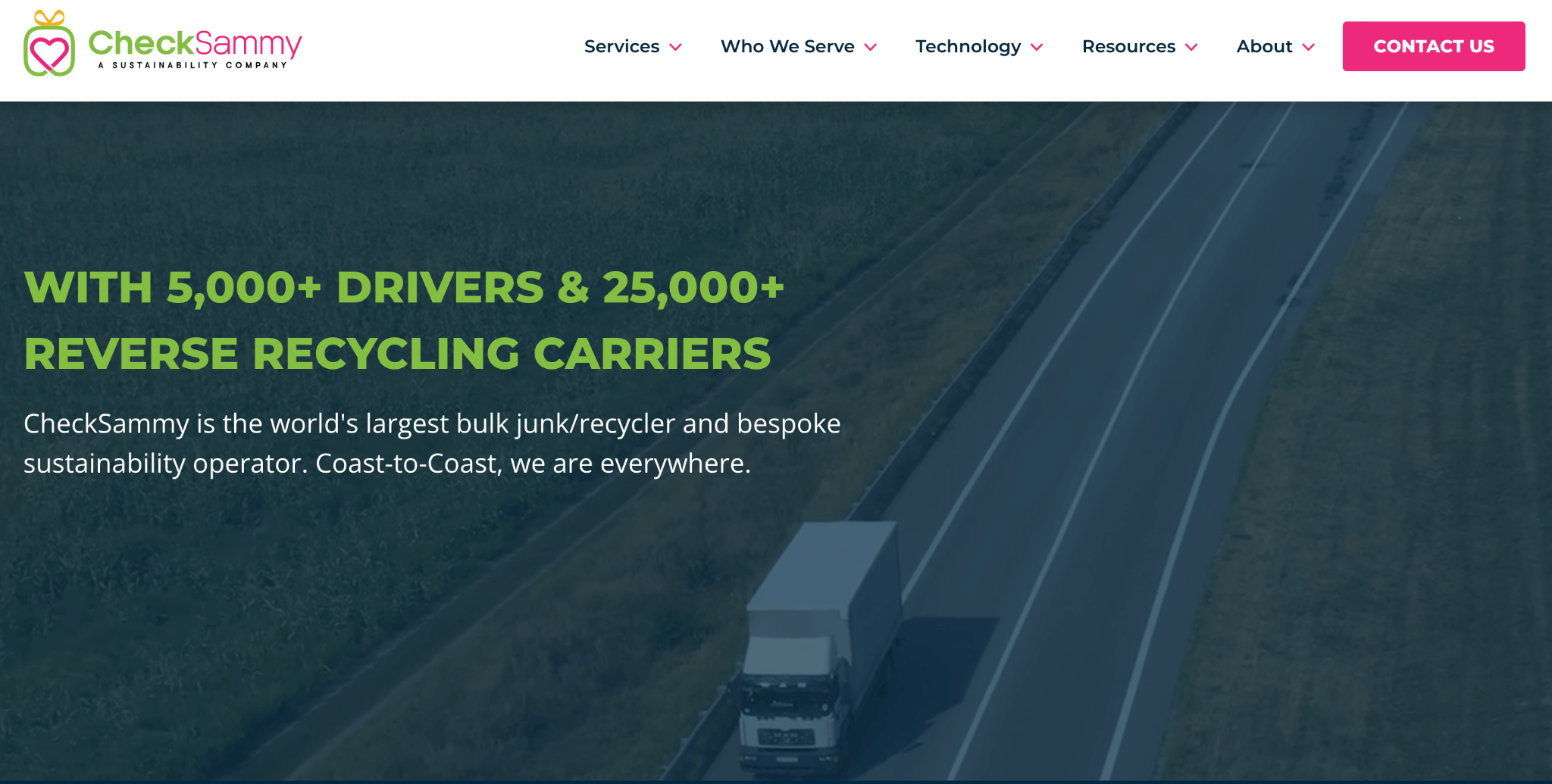
They have a team of highly trained and experienced professionals who can handle all your scrap metal recycling needs efficiently and cost-effectively.
They will first assess the type and amount of scrap metal you have and then provide you with a quote for their services. Once you agree to their terms, they will pick up the scrap metal from your premises and transport it to their recycling facility.
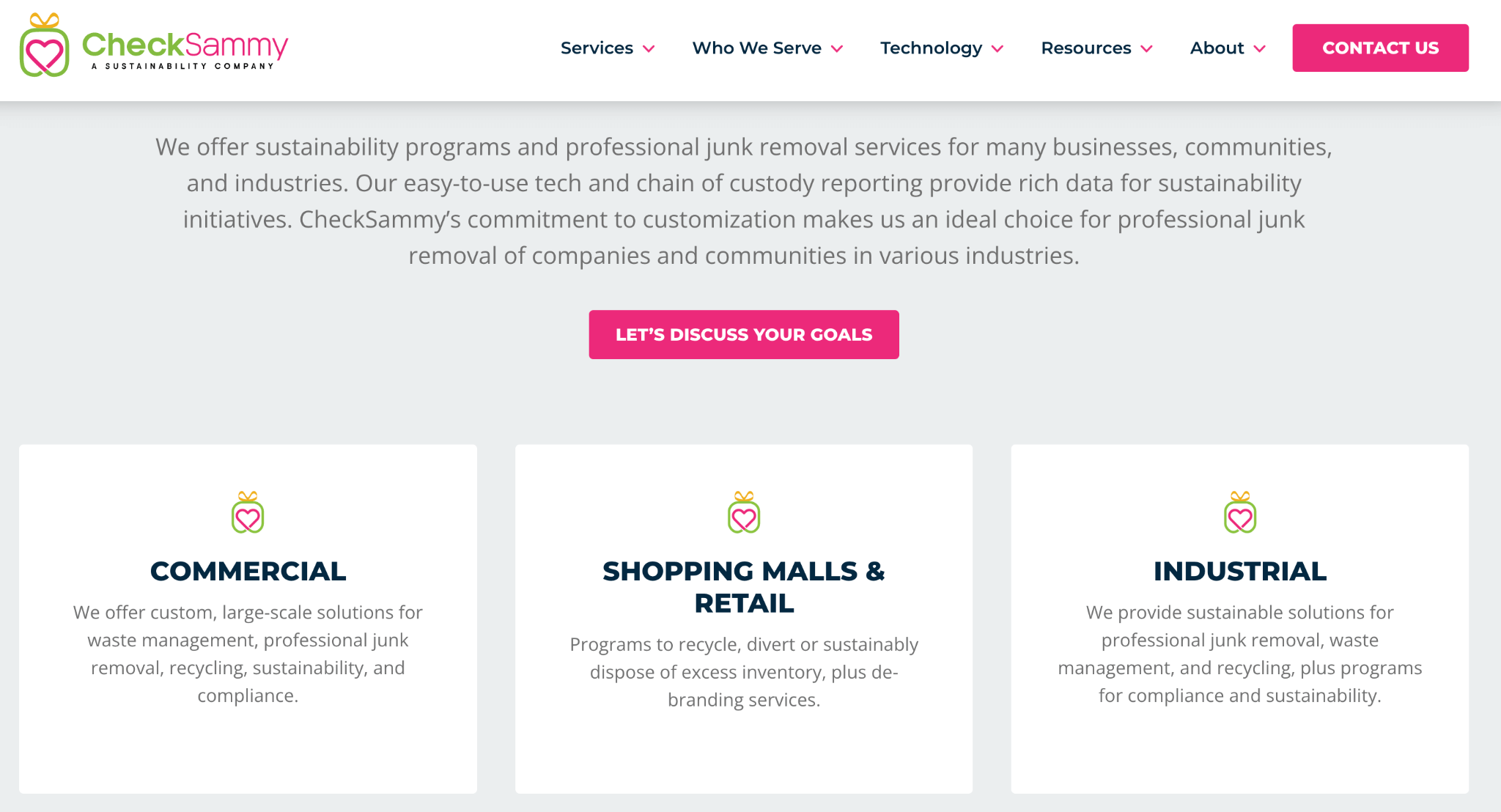
There, the metal will be sorted according to its type. Once the metal is sorted, it will be cleaned and prepared for reprocessing. The recycled metal will then be sold to companies that use it to create new products.
If you’re looking for scrap metal recycling services, look no further than CheckSammy. Just give them a call, and they’ll take care of everything for you.
See Our Services
Create a custom solution to meet your waste and sustainability goals. Contact us today!
Continue reading
Dive deeper into the CheckSammy Blog by reading one of our posts below
Feeling the Pain of Higher Resident Turnover? Apartment Junk Removal Can Help
If you’re a property manager, you’ve probably had a significant increase in tenant turnover over the last couple of years. So it’s no wonder apartment junk removal may be top of mind for you right now. There are several reasons for this shift. For one, the housing market is on fire right now. In 2020 […]
Read MoreSetting Up a Community E-waste Recycling Program
E-waste is the fastest-growing municipal waste stream according to the EPA, yet e-waste recycling isn’t keeping pace. In fact, only 12.5% of all e-waste is recycled, reports the EPA. Starting a community e-waste recycling program is a terrific way to ensure hazardous e-waste, like lithium-ion batteries, doesn’t end up in your community’s landfill. Creating an […]
Read MoreWaste Management’s Role in the Circular Economy
Establishing a waste management program for your business or community is one of the best ways you can contribute to the circular economy. Here’s everything you need to know about waste management’s role in the circular economy (and how to get involved). What Is the Circular Economy? Our current economic model is all about taking […]
Read More5 Reasons to Consider a Textile Recycling Program for Your Organization
Americans sent more than 17 million tons of textiles to landfills in 2018, a volume that is only increasing every year, reports the Environmental Protection Agency. When you think about the fact that it can take over 200 years for textiles to decompose, it’s easy to grasp how large textile waste’s contribution is to the […]
Read More8 Benefits of Environmentally Friendly Power Washing Services
If you’re into maintaining the curb appeal of your business or home, then you’ve probably heard of pressure washing. Pressure cleaning involves using high-pressure water spray to remove grime, mold, dust, paint, mud, and other junk from objects or surfaces. Many people worry that pressure washing isn’t good for the environment, but this couldn’t be […]
Read MoreWhy Our Customers Love Our Full-Service Junk Removal
If you’re looking for full-service junk removal services, you’ve come to the right place. CheckSammy is a one-stop shop for all your junk removal and sustainability needs. From our affordability, simplicity, and unrivaled turnaround times to our innovative sustainability solutions and patented technology and data, it’s clear why some of North America’s biggest companies choose […]
Read MoreTips for a Stress-Free Move From An Eco-Friendly Junk Removal Company
What does an eco-friendly junk removal company know about moving? Quite a lot, actually. Moving can be an especially chaotic time. You have to pack everything up, get rid of unwanted items, clean your property, load everything up, and move your things to your new location. That doesn’t even include the unpacking and resettling period. […]
Read MoreCollege Junk Removal Tips for Student Move-In Day
As the new school year gears up, colleges across the country are looking for ways to clean up their campuses before the new year begins, and many of them want to do so sustainably. College junk removal isn’t easy, though, especially around move-in week—and when trying to do so sustainably. As students move in and […]
Read More8 Items Hospitality Businesses May Not Know They Can Recycle
One hotel guest produces 2.5 pounds of trash every single day. Just a single hotel room produces around one cubic yard of waste each month, which totals 200 gallons of waste per room every month. Most of this waste goes straight to the landfill, even though research shows that up to 60% of it is […]
Read More




